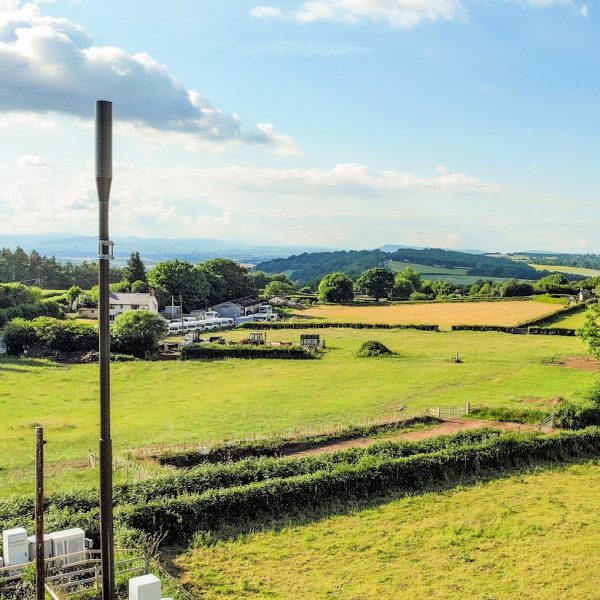
Network benchmarking firm Opensignal has today published a new study to examine the mobile (4G and 5G) network coverage and performance impacts of the proposed mega-merger (here) between mobile operators Three UK and Vodafone. Suffice to say, improvements are expected in both areas.
The merger, which will see Vodafone retain a 51% slice of the business and Three UK (CKH) hold 49%, is currently about to enter a deeper Phase 2 competition review after concerns were raised over negative impacts on consumer pricing and competition (here). But both operators have otherwise promoted the deal as something that would be “great for customers, great for the country and great for competition,” while also resulting in a major £11bn investment to upgrade the UK’s 5G mobile (broadband) infrastructure and network coverage.
In the new analysis, Opensignal leverages crowdsourced data collected from their users on the two networks today, to offer insights into the potential projected future mobile coverage of the combined operator post-merger (i.e. it doesn’t consider wider issues of competition, regulation or financial impacts etc.), which will hold a combined UK customer market share of 32% (c. 28 million).
The results of the new analysis of user experiences suggest the merger will allow users on the combined network to enjoy a “Coverage Experience” that rivals O2, the current market leader for that specific category, according to Opensignal data. The newly merged network will have a Coverage Experience score of 8.8 points on a 10-point scale, placing it joint-first (i.e. this is an uplift of 16% from 3’s current Coverage Experience score, and an 8% uplift from Vodafone’s current score).


Post-merger, Vodafone users may also see their 5G Coverage Experience score rise to more than double (+106%) the current score. By comparison, Three UK’s network, which currently provides a much wider geographical extent of 5G coverage, would enjoy a more moderate uplift of +9%.

According to Opensignal, “If the two merging operators were treated as a single entity in our most recent UK Mobile Network Experience report, they would have won eight award categories, closely trailing EE’s haul of 10 awards,” said the analyst. Such an outcome would leave O2 (Virgin Media) as only being able to win a single award.
However, it’s important to take Opensignal’s projections with a pinch of salt, primarily because there are still a lot of unknowns. For example, it’s expected that the merged company may be required to divest some of their radio spectrum holdings to rivals, which is something that can have a significant impact on network coverage and performance. But until we know the detail, it’s a hard one to judge.
Similarly, Three UK will need to unpick their existing network sharing agreement with EE (BT), while Vodafone will need to do the same with O2 (Virgin Media) – this is a difficult problem due to the complexity of such arrangements and issues of commercial sensitivity between operators. After that, the merged company would no doubt look to decommission some overlapping sites, which can have both positive and negative impacts.
Suffice to say that Opensignal’s projections can’t factor in what they don’t yet know, thus they’re subject to a lot of uncertainty, depending upon the outcome of the CMA’s investigation. Ofcom’s auctions of future 5G friendly spectrum bands are also being delayed until after the merger is approved, which creates another point of uncertainty.